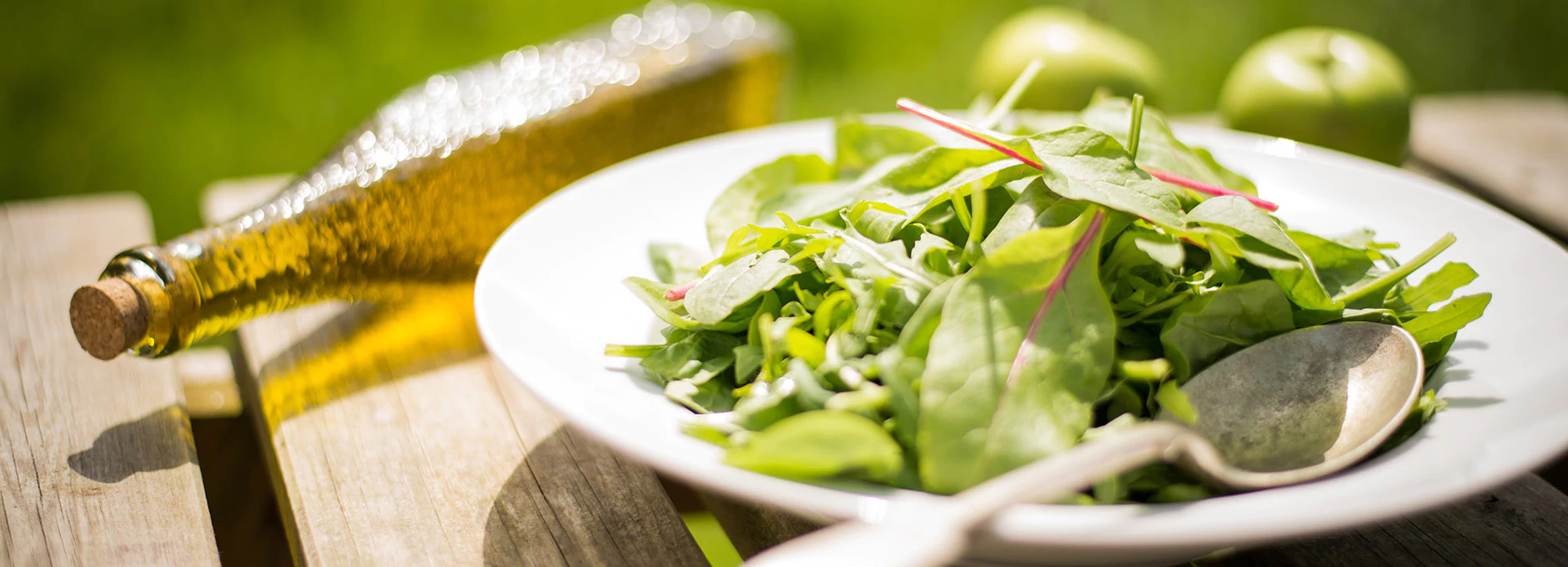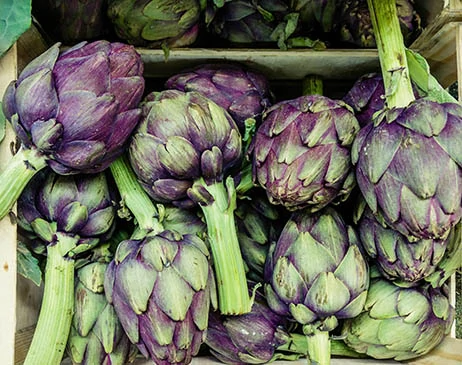How to Maintain Weight: Tips, Advice & Guidance
Track Your Weight
How to Maintain Weight: Tips, Advice & Guidance

Losing weight is only half the battle, how about keeping it off? While knowing how to maintain weight can be tricky, we’ve got some tips that should make it much easier, helping you to improve your overall health and wellbeing.
How to maintain weight loss
Maintaining weight loss is a challenge for many of us, so you’re not alone if you’ve found it a struggle. Pick up any diet book and there’s plenty of examples for how to lose weight, but not much on what to do once you hit your goal. For some people, they can end up putting some (or all) of the weight they lost back on.
Let’s make sure that doesn’t happen to you; there are many common pitfalls to avoid. Here’s a look at how to lose weight – and keep it off.
- Don’t crash diet
- Ditch the ‘all or nothing’ mentality
- Exercise regularly
- Eat more fibre
- Don’t completely eliminate foods
- Cook more meals at home
- Eat the right portion sizes
- Plan meals and snacks
- Keep tempting foods out of reach
- Drink more water
- Fill up on protein
- Know how much you need

#1 – Don’t crash diet
It’s tempting to want to drop the pounds as fast as possible, but low-calorie diets that promise rapid weight loss should be avoided like the plague. ‘Lose 20 pounds in 1 week!’ ‘Drop 2 dress sizes in a month!’ We’ve all seen the promises, but truthfully, these diets aren’t a healthy, or sustainable, weight loss solution.
When it comes to rapid weight loss, you’re mostly losing water weight – not fat.1 Water weight makes up 50-60% of an adult’s total body weight, and water levels can make a person’s weight fluctuate by as much as 2 to 4 pounds in a single day.2
The weight loss that is a result of restrictive diets is really just water weight from the loss of stored glycogen from our muscles.3
Crash dieting also wreaks havoc on our health too, resulting in:
- A lack of energy
- Hair thinning
- Constipation
- Weakened immune system
- Malnutrition
These restrictive diets are usually around 800 calories or less,4 causing the metabolism to slow down and many people to fall into the trap of yo-yo dieting. Once you eat ‘normally’ again, the weight piles back on. It can be demoralising – and make it harder to lose weight in the long run.
It takes time to notice weight loss, but patience is key. 0.5kg to 1kg a week (1lb to 2lb) is considered healthy, sustainable weight loss.5 In short: avoid quick fixes.
#2 – Ditch the ‘all or nothing’ mentality
Adopting an ‘all or nothing’ approach to eating can be very damaging, and result in habits that are hard to break.6 Essentially, people can start to see food as ‘good’ or ‘bad’, and when not on a diet, they find it hard to control their overeating.7
Being too restrictive can lead to bingeing, feeling low and generally cause havoc with your health.
Adopting the ‘everything in moderation’ approach is a much healthier, happier way to live. You can still have your favourite treats as part of a balanced lifestyle! Remember, you don’t have to be ‘on a diet’ forever.
#3 – Exercise regularly
Whether you like to swim, run or do workouts at home, exercising regularly is extremely important for both physical and mental health. It can help you maintain your weight loss by increasing the amount of calories you burn each day.
Exercise isn’t just about weight loss, adults should aim to do at least 150 minutes of moderate intensity activity a week or 75 minutes of vigorous intensity activity a week.8
Also, try and increase the amount of general activity you do each day: whether that’s walking, taking the stairs or standing up more than you sit down.
#4 – Eat more fibre
Maintaining weight loss is all about eating right, and making sure you’re fuelling your body with the right foods. Soluble fibre slows down how fast the stomach releases digested food into the gut,9 helping you stay fuller for longer and reducing appetite.
It can be found in foods such as:
- Black beans
- Brussels sprouts
- Sweet potatoes
- Broccoli
- Apples
- Avocados10
Loading up on fruits and vegetables is a key part of long-term healthy eating – not just for ‘dieting’.
#5 – Don’t completely eliminate foods
Completely cutting out, or ‘banning’ certain food groups isn’t recommended. It will likely only cause you to crave them more, and all food groups contain essential nutrients are needed for a balanced diet.
Don’t eat less, eat right; for example, fill up on foods that give you energy, such as brown rice, lentils, nuts and seeds.
Always think long-term, can you sustain a diet that eliminates key food groups? For most of us, the answer is no.

#6 – Cook more meals at home
Opt for home cooked meals as much as possible, as you have control over what you’re eating and what goes into your food. By all means, have restaurant meals or takeaways when you want, but try to ensure the majority of your food is prepared at home.
#7 – Eat the right portion sizes
While you don’t have to be on a ‘diet’ forever, it’s still important to exercise portion control where you can. This will help you avoid eating more food than your body needs – and ensure the weight stays off.
You don’t have to count calories or measure everything to the gram forever, but get a good understanding of what a ‘portion’ is. For example, two handfuls of dried pasta or rice is considered a portion, while a grilled chicken breast should be about the size of your hand.11 Also, read food labels closely: some calorie counts will be for two servings!
#8 – Plan meals and snacks
It’s easy to overeat if you’re unprepared, so meal prep can be a good way to make sure your diet stays healthy. Especially if you’re out and about, it’s tempting to reach for the convenient, quick options, which are usually higher in calories and fat. Try to make it a habit to bring healthy snacks with you.
The key to maintaining weight loss is to build healthy habits, and this can be a great way of doing that. Make it as easy as possible for yourself to eat a nutritious, balanced diet.
#9 – Keep tempting foods out of reach
Out of sight out of mind, right? Stock up your cupboards and fridge with healthier options, rather than high-sugar, high-fat snacks. Of course, everything in moderation, but the easier you make it for yourself to eat healthily – the better.
#10 – Drink more water
Water is an essential part of a healthy lifestyle, and has numerous benefits, including:
- Keeping you full
- Helping skin stay healthy
- Regulating body temperature
- Flushing body waste
- Maintaining blood pressure12
Too many of us drink fizzy drinks more than we drink water – it’s about time that changed!
#11 – Fill up on protein
Eating a high protein diet isn’t just beneficial for weight loss, but also beyond. It’s a macronutrient that’s essential to building muscle mass13 and helping you stay satiated. Opt for lean proteins as much as possible; make them a staple of your everyday diet.
Sources include:
- Fish
- Chicken
- Tofu
- Protein powder
- Turkey
- Beef
- Edamame

#12 – Know how much you need
It’s a good idea to get a handle on how much energy your body needs at your new lower weight; it will likely be less than it was previously.
Generally speaking, the recommended calorie intake is 2,000 calories a day for women and 2,500 for men.14 However, this is dependent on a number of factors, including age, height and activity level.
To maintain a healthy weight, you need to balance the amount of calories you take in through food and drink with the amount of calories you burn throughout the day, including during exercise.
Using a calorie calculator can give you an estimate of how much you should be eating each day. You don’t need to track what you eat, but it helps to have an understanding.
Maintain weight loss through healthy habits
Many have struggled to maintain weight loss, which demonstrates the importance of building healthy habits. It’s all about a lifestyle change, not quick fixes. Eat healthily, fuel your body with the right foods and make sure you stay active. It can take months to build habits, but you’ll reap the benefits in the end.